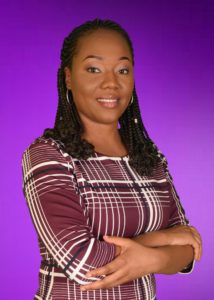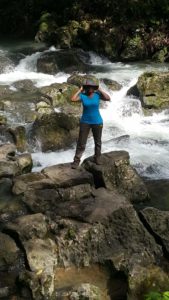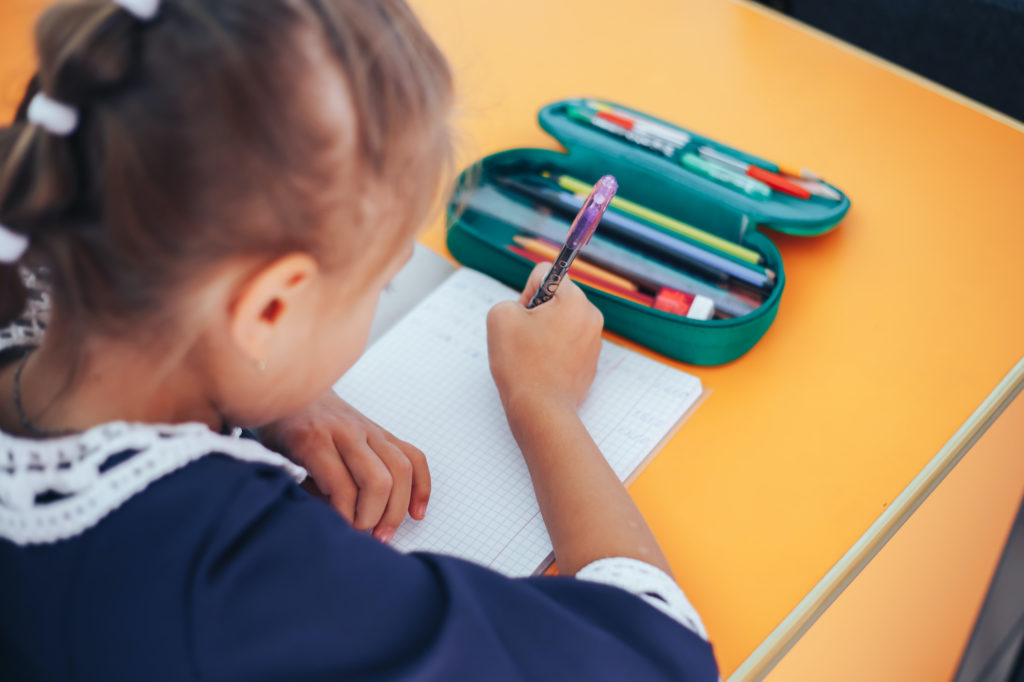I am Camile Clarke, and I am a geography teacher, writer and geologist in Jamaica. I grew up watching documentaries on nature and the environment, and so I always knew I wanted to do something in that field. I remember clearly the first time I learned about global warming, and thinking to myself that this is a serious problem.

Photo: @Camile Clarke
I first discovered UN CC:Learn after conducting an online search for professional development courses, and I was immediately hooked! The first course that I completed on the platform was “National Adaptation Plans: Building Climate Resilience in Agriculture.” I have since taken courses on the “Fundamentals of REDD+”, and “Human Health and Climate Change.” These have taught me that there was so much about climate change that I did not know.
As a geography educator, I am teaching climate change to the next generation. I believe that if I am to truly inspire them to make a change, I must be knowledgeable and that my students must know and see this through my actions. After taking the courses, I was able to give my students more information on climate change. I’m able to go into more depth when explaining concepts, and to provide more examples, especially on how climate change will impact our country.
I am also more confident teaching the topic. For example, texts books simply say that sea-level rise will impact the Caribbean islands. It’s a bit general – but after taking the National Adaptation Plans course, it led me to discover a map of Jamaica that showed what the country will look like with a 1-meter rise in sea levels. Including this map in my lessons, as well as other real-world examples with accurate data, really helped to get the message across to the students. While climate change was recently included in the school curriculum, is not included in most available textbooks. My analysis revealed that students tend not to perform well on topics related to climate change, and I want to change this reality.

Photo: @Camile Clarke
Since finding out about the UN CC:Learn courses, I have shared the platform with anyone who is willing to listen. It is my hope to be in a position to inspire others, and especially my fellow educators, to learn more about climate change so that they equip future generations with the knowledge and skills needed to lead in the fight against it. The fact that certificates are presented at the end of the courses is also a plus! I have actually presented a UN CC:Learn certificate to a supervisor to have my appraisal score for professional development increased! So I promote the platform as a means to also earn appraisal points.
I do expect that the curricula in Jamaica will start to cover climate change and education for sustainable development topics. I have actually seen that the new National Standards Curriculum has incorporated climate change more, and I recently read a draft of a new syllabus for Social Studies that covers climate change in greater depth. The topic was non-existent on this particular course before, so I was pleased to see this update. However, this also means that teachers will need to know more about climate change in order to plan and deliver meaningful and impactful lessons. The UN CC:Learn platform is now a valuable resource for teachers across the Caribbean, and I will definitely use this opportunity to promote climate change learning among my colleagues and Jamaican teachers as a whole.
Get involved
When was the first time you learn about climate change? Tell us a bit more about your experience on Facebook, Instagram or Twitter and tag UN CC:Learn. We want to learn how climate change education has been addressed in your country.
Start your learning journey:
Access our e-learning platform on unccelearng.org and take free courses on climate change and green economy. You may be interested in learning about:

